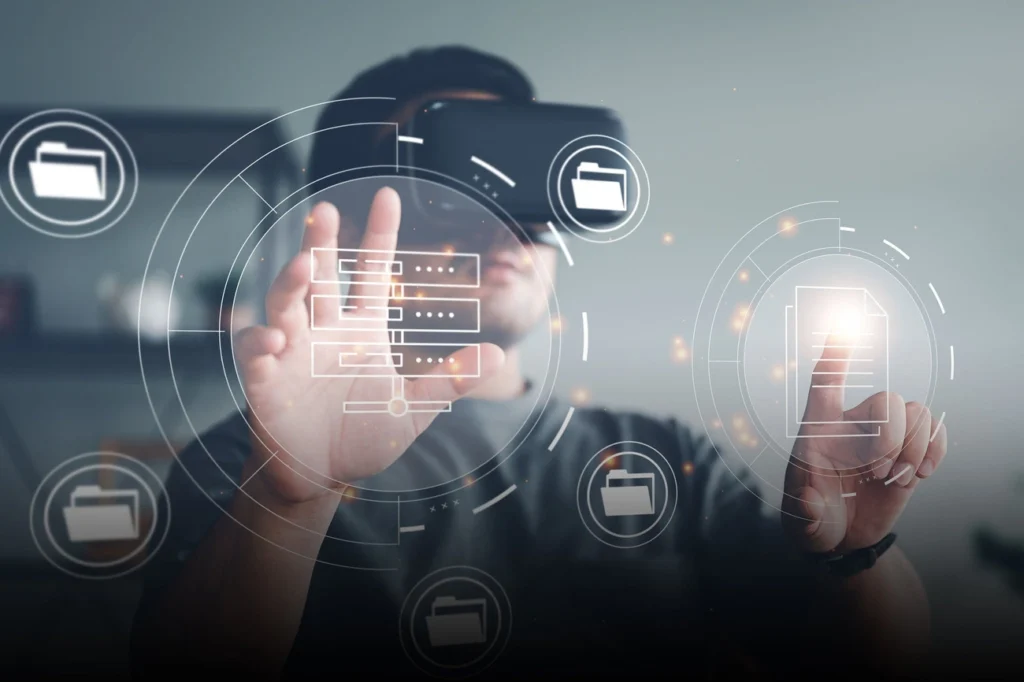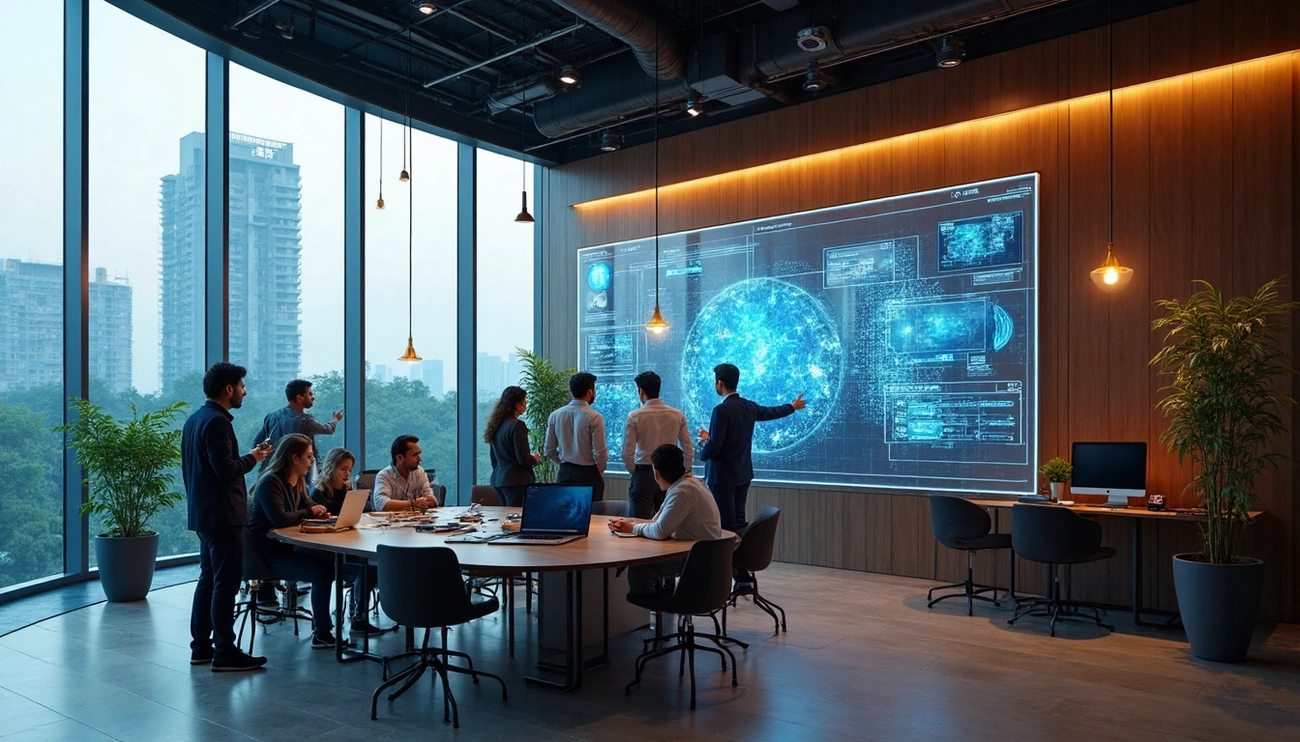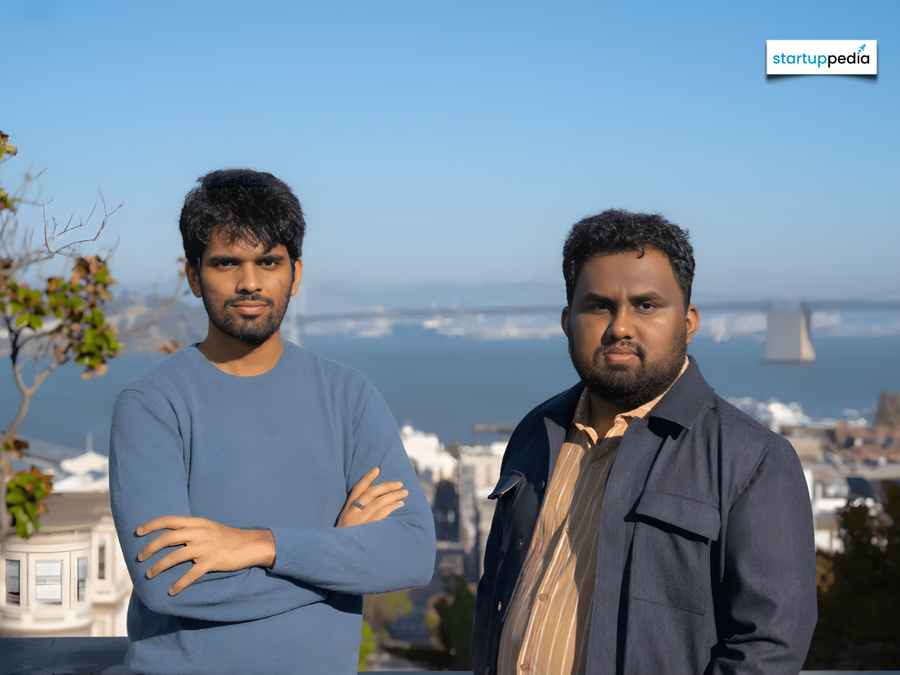India are rapidly transforming the nation into a global AI powerhouse, with projections showing AI could contribute up to $500 billion to the country’s economy by 2030. The growth is nothing short of remarkable as India has quickly climbed to world-class standards in artificial intelligence innovation and implementation.
We’ve observed how Indian AI startups are gaining significant traction across multiple sectors. In fact, the AI industry is expected to reach an estimated $243.7 billion by 2025, making it one of the fastest-growing tech segments globally. Top AI companies in India are making impressive strides – Fractal Analytics secured a $360M investment from TPG Capital, while Uniphore has achieved unicorn status with a valuation of $2.5 billion. Additionally, homegrown innovations like Krutrim AI, India’s answer to ChatGPT, has been trained on more than 2 trillion tokens in several Indian languages.
In this comprehensive guide, we’ll explore the landscape of AI-based companies in India, examining how they’re revolutionizing industries such as agriculture, education, and governance while enhancing productivity and driving sustainable growth.
The rise of AI in India’s tech ecosystem

India’s technological landscape has undergone a remarkable transformation, with artificial intelligence emerging as a cornerstone of this evolution. The country has positioned itself as a formidable player in the global AI arena, creating an ecosystem that fosters innovation and growth.
Government initiatives and policy support
The Indian government has taken decisive steps to propel AI development through strategic policies and funding mechanisms. The National Strategy for Artificial Intelligence, launched by NITI Aayog, outlines a comprehensive approach to harnessing AI for inclusive growth and addresses five core sectors: healthcare, agriculture, education, infrastructure, and transportation.
Moreover, initiatives like Digital India and Make in India have created a conducive environment for AI-based companies in India to flourish. The government allocated ₹3,660 crores ($477 million) for the National Program on AI, demonstrating its commitment to building a robust AI infrastructure.
Another significant development is the establishment of AI-specific centers of excellence across the country. These centers serve as hubs for research, development, and collaboration between academia and industry. The Ministry of Electronics and Information Technology (MeitY) has also established dedicated AI task forces to address regulatory frameworks and ethical guidelines.
Availability of skilled AI talent
India’s vast talent pool has been instrumental in attracting global tech giants and fueling homegrown Indian AI startups. The country produces approximately 1.5 million engineering graduates annually, creating a steady pipeline of potential AI professionals.
Premier institutions like the Indian Institutes of Technology (IITs) and Indian Institutes of Science (IISc) have introduced specialized AI and machine learning programs. Furthermore, various private and government initiatives offer AI certification courses, helping bridge the skill gap.
What sets India apart is not just the quantity but also the quality of AI talent. Indian professionals are particularly strong in mathematics, statistics, and computer science—fundamental disciplines for AI development. This technical proficiency, combined with cost advantages compared to Western markets, makes India an attractive destination for AI development.
However, challenges remain. Although India produces numerous engineering graduates, only about 25-30% are readily employable in AI roles without additional training. To address this gap, top AI companies in India are collaborating with educational institutions to develop industry-relevant curricula.
Growing demand across industries
The adoption of AI solutions is accelerating across diverse sectors in India. Healthcare has embraced AI for predictive diagnostics, personalized medicine, and hospital management. Indian AI companies specializing in healthcare analytics have developed solutions that can predict disease outbreaks and optimize hospital resources.
In the financial sector, AI-powered fraud detection systems, chatbots, and algorithmic trading platforms are transforming operations. Banks and insurance companies are implementing AI solutions to improve customer service, risk assessment, and compliance.
Agriculture, a sector employing nearly half of India’s workforce, is witnessing AI innovation through soil health monitoring, crop yield prediction, and precision farming techniques. These technologies help farmers maximize productivity while conserving resources.
The retail industry has also jumped on the AI bandwagon, implementing inventory management, demand forecasting, and personalized marketing solutions. E-commerce giants are using AI to enhance customer experience through recommendation engines and virtual shopping assistants.
Transportation and logistics firms have adopted AI for route optimization, predictive maintenance, and automated warehousing. These applications help reduce operational costs and improve efficiency in supply chain management.
This cross-industry demand has created a thriving marketplace for artificial intelligence companies in India, spurring competition and innovation while attracting significant investments from both domestic and international sources.
Top artificial intelligence companies in India to watch in 2025
Top artificial intelligence companies in India to watch in 2025
The Indian AI landscape is flourishing with innovative companies creating groundbreaking technologies across multiple domains. These organizations are not only serving domestic needs but are increasingly making their mark on the global stage.
1. Tata Elxsi – AI in automotive and healthcare
Established in 1989, Tata Elxsi drives digital transformation through an AI-first and design-led approach. The company has developed Autonomai, a full-stack IP for self-driving vehicles adopted by several OEMs. In healthcare, they’ve created AI-powered bedside care solutions that significantly enhance quality of care. Their AI solutions have demonstrated superior accuracy in diagnosing conditions like diabetic retinopathy and detecting malignant cancer cells.
2. Fractal Analytics – Enterprise decision intelligence
Founded in 2000, Fractal Analytics specializes in AI-powered decision intelligence for enterprises. The company recently announced Fathom-R1-14B, the first fully open-source reasoning model. With 25 years of analytics expertise and 4,600+ data scientists and engineers worldwide, Fractal has transformed 170+ enterprises across 18 countries. They invest 7% of revenue in R&D, ensuring continuous innovation in their AI solutions.
3. Haptik – Conversational AI and chatbots
Acquired by Reliance Industries in 2019, Haptik has established itself as a pioneer in conversational AI. Their intelligent virtual assistants power customer support automation, resolving around 80% of routine queries end-to-end. Notably, Haptik built the world’s largest WhatsApp chatbot for COVID-19, serving as the official helpline for the Government of India and utilized by over 21 million users.
4. Yellow.ai – Multilingual voice and chat automation
Yellow.ai excels in providing multilingual voice and chat automation solutions. Their platform supports over 135 languages, allowing businesses to connect with customers worldwide. Their Dynamic NLP technology understands user intent with 97% accuracy. The platform enables enterprises to personalize conversations with advanced voice capabilities that can handle customer interruptions with context and empathy.
5. Uniphore – Voice AI and speech analytics
Uniphore specializes in voice analytics technology that converts human speech into structured data. Their U-Analyze solution unlocks actionable insights from customer interactions, helping identify potential friction points and areas for agent improvement. The platform supports real-time speech analytics during calls as well as post-call analytics to improve contact center processes.
6. SigTuple – AI in medical diagnostics
SigTuple combines robotics and AI for smart medical screening solutions. Their flagship product, AI100 with Shonit, received FDA 510(k) clearance, becoming the first Indian AI-assisted microscopy solution approved in the U.S.. This intelligent diagnostic tool automatically analyzes blood smears, urine, and other biological samples—accurately identifying and classifying cells faster than human capabilities.
7. Locus – AI for logistics and supply chain
Founded in 2015, Locus provides AI-powered logistics optimization. Their solutions have powered over 1.2 billion deliveries globally, resulting in INR 25,567.28 million saved in logistics costs and 14.4 million kg reduction in greenhouse gas emissions. Their geocoding solution maintains 99.5% on-time delivery service levels by converting unclear addresses into precise coordinates.
8. Krutrim – India’s homegrown LLM initiative
Launched by Ola CEO Bhavish Aggarwal, Krutrim is India’s first homegrown large language model. The AI has been trained on more than 2 trillion tokens and understands 20 Indian languages while generating content in 10 of them. Available in two classifications—base Krutrim and the more powerful Krutrim Pro—it outperforms other open-source LLMs trained with similar data volumes on industry-standard benchmarks.
How Indian AI companies are transforming key industries
Beyond developing cutting-edge technologies, Indian AI companies are revolutionizing entire industries with practical, high-impact solutions.
Healthcare: Predictive diagnostics and virtual assistants
AI is reshaping medical diagnostics across India, reducing errors by up to 30%. Sophisticated algorithms like COMPOSER have demonstrated a 17% reduction in sepsis mortality rates through early detection. Meanwhile, spatio-temporal AI models predict disease outbreaks with over 94% accuracy, enabling proactive public health planning. The healthcare AI market is projected to reach INR 135.01 billion by 2025, growing at an impressive 40.6% CAGR. Virtual assistants, currently valued at INR 57204.04 million, handle patient queries and schedule appointments, cutting administrative tasks by approximately 30%.
Retail: Personalized shopping and inventory optimization
Essentially, Indian retail is embracing AI-driven personalization, with 77% of consumers now preferring retailers offering tailored recommendations. Major platforms like BigBasket utilize predictive analytics to forecast demand during festivals and weekends. Currently, 52% of Indian retailers plan to deploy AI for loss prevention within three years. These systems also optimize inventory management, preventing stockouts that frustrate over half of shoppers. AI-powered algorithms analyze patterns from browsing history and demographics to create personalized shopping experiences.
Logistics: Route planning and last-mile delivery
Indian logistics companies are implementing AI for route optimization, consequently reducing operational costs by up to 15% and increasing delivery speeds by 30%. Early adopters have seen inventory improvements of 35%. Interestingly, companies like Delhivery use real-time data to bypass traffic jams, saving both time and fuel. The final mile delivery cost has increased from 41% to 53% of total delivery expenses between 2018-2023, making AI solutions particularly valuable. Organizations implementing these technologies have achieved 40% reduction in delivery routes.
Key Takeaways
India’s AI ecosystem is experiencing explosive growth, with the potential to contribute $500 billion to the economy by 2030. Here are the essential insights about the country’s artificial intelligence landscape:
• India is becoming an AI superpower with government backing through ₹3,660 crores in funding and strategic initiatives like Digital India creating a supportive ecosystem for innovation.
• Eight standout companies are leading the charge including Tata Elxsi (automotive AI), Fractal Analytics (enterprise intelligence), and Krutrim (India’s first homegrown large language model).
• AI is transforming critical industries with healthcare seeing 30% error reduction in diagnostics, retail achieving 77% consumer preference for personalized experiences, and logistics cutting operational costs by 15%.
• Talent availability drives competitive advantage as India produces 1.5 million engineering graduates annually, though only 25-30% are immediately AI-ready without additional training.
• Cross-sector adoption is accelerating rapidly from agriculture and healthcare to finance and transportation, creating a thriving marketplace that attracts both domestic and international investments.
The convergence of government support, abundant talent, and growing industry demand positions India as a formidable force in the global AI revolution, making it an essential market to watch in 2025.






Informational content please keep it up
Thanks!!!